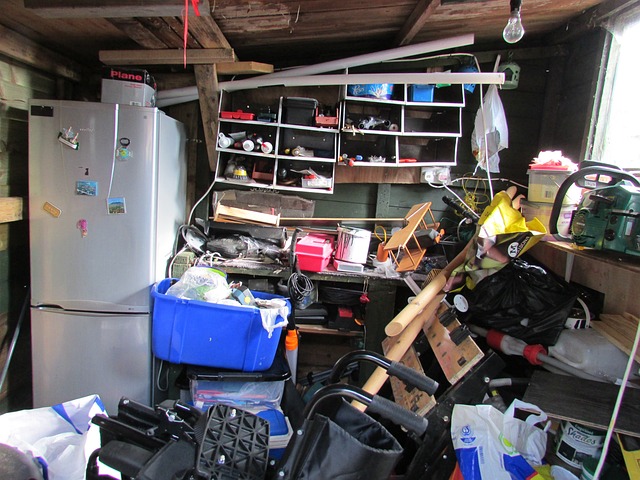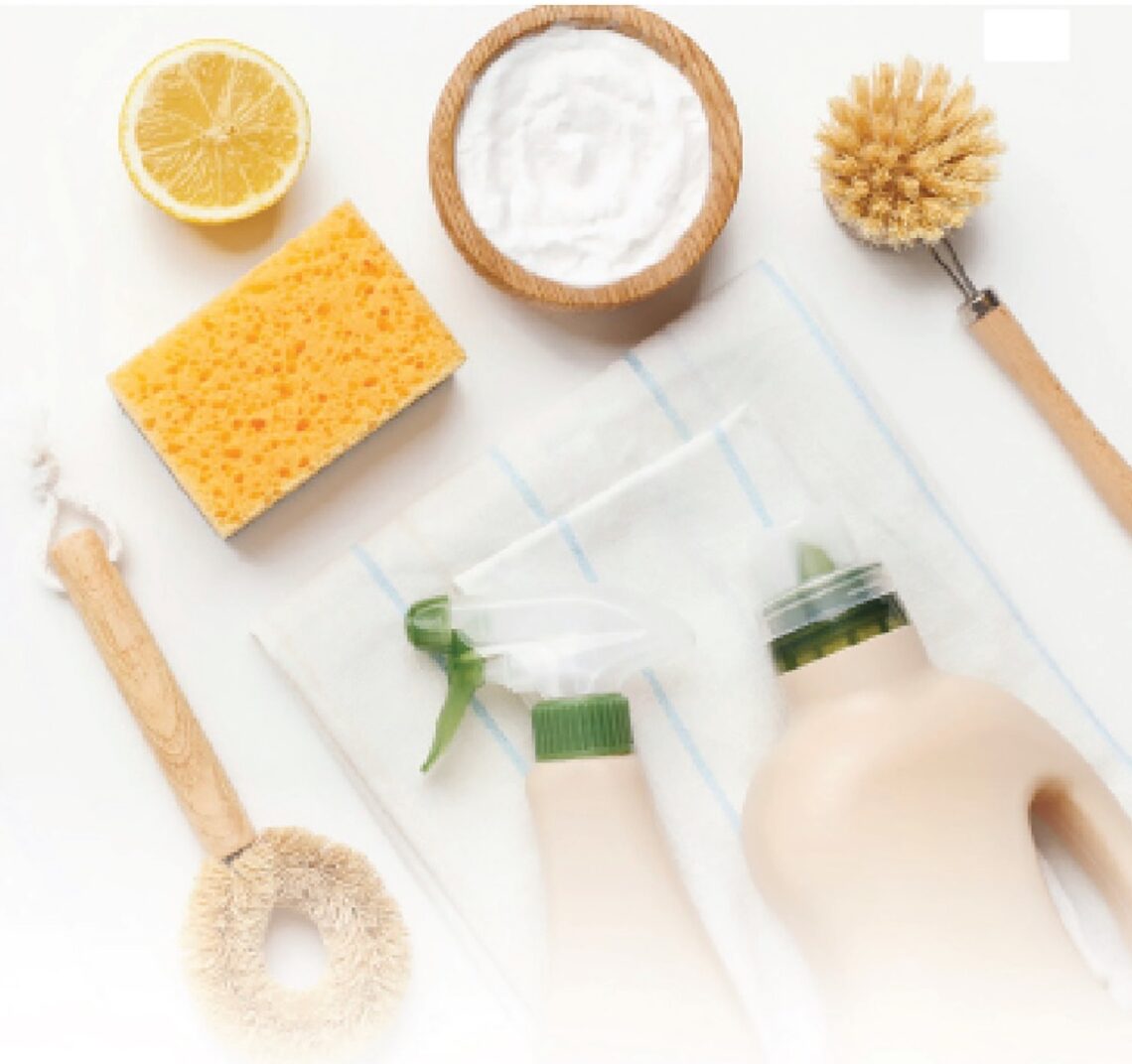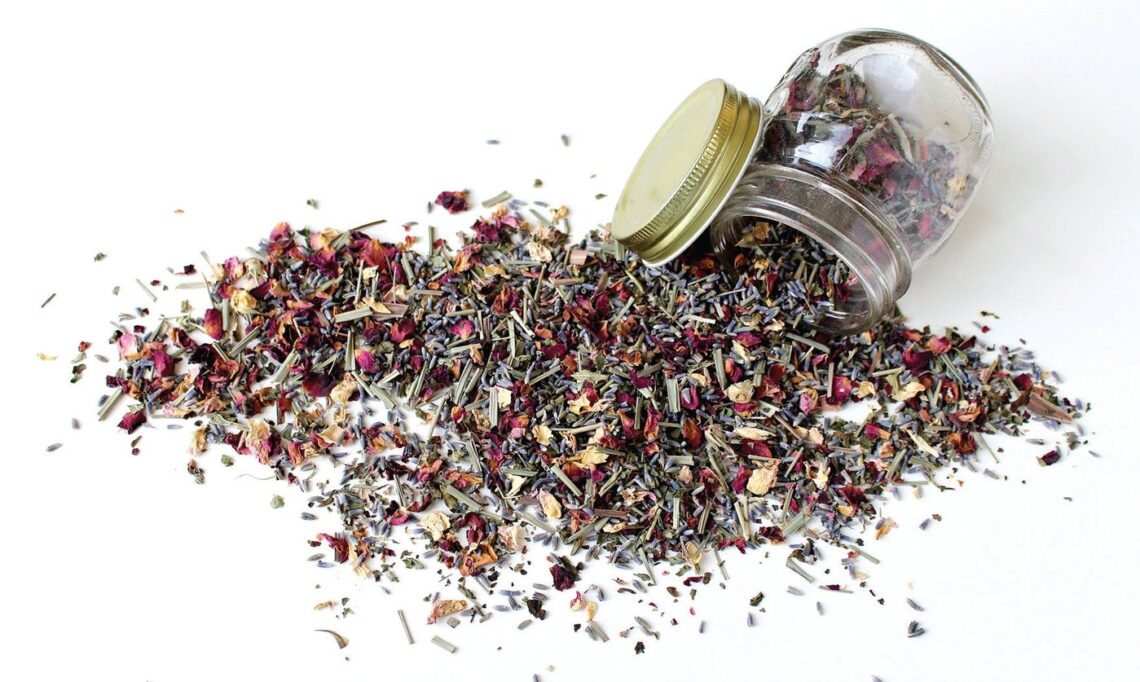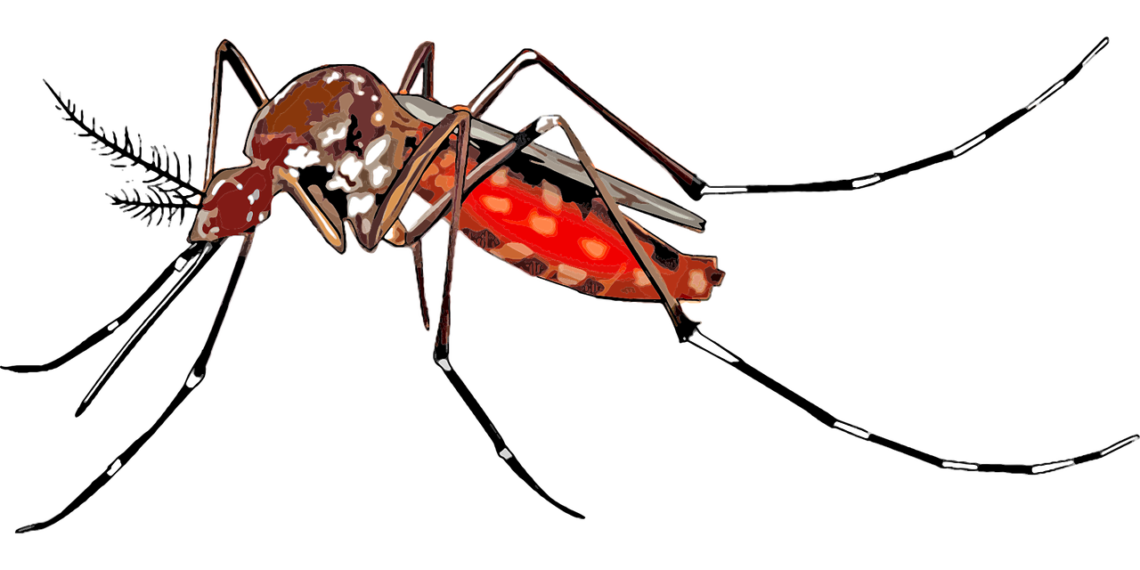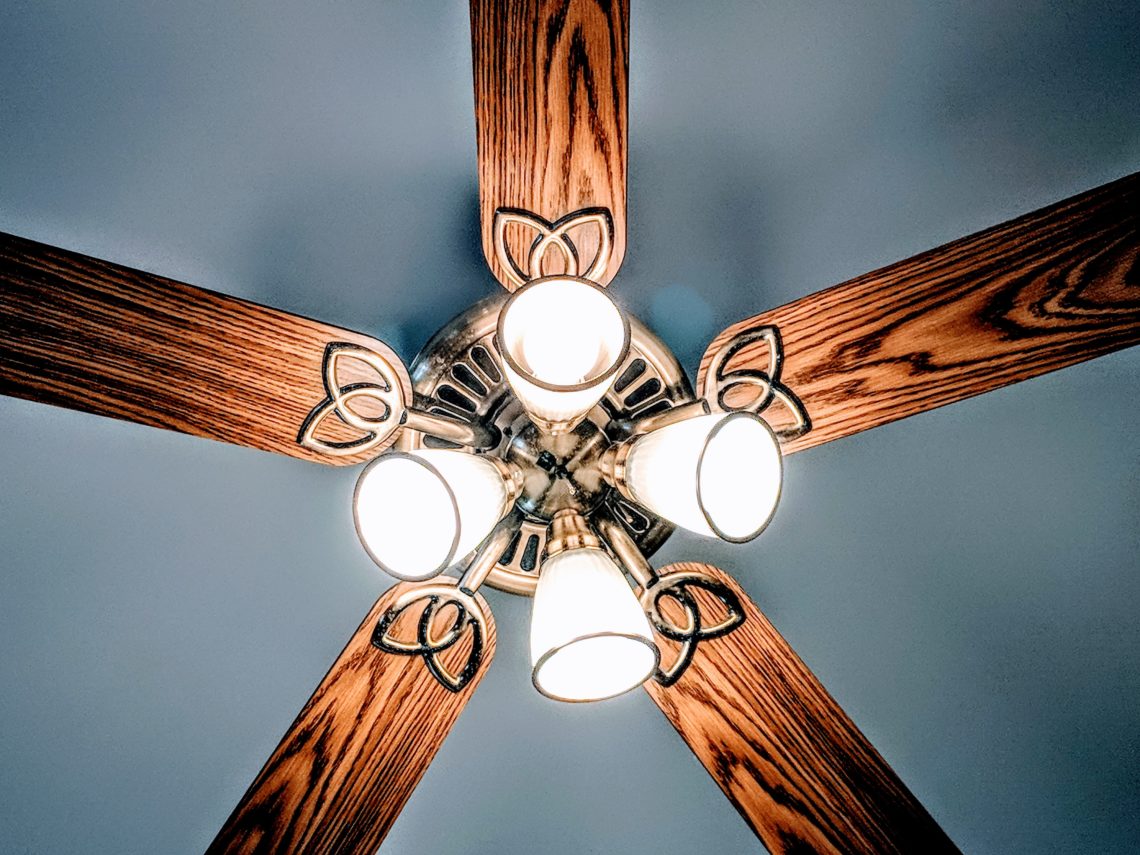Finding household mold does not mean your home is dirty. Mold is a common problem in many homes with restricted airflow, often resulting in humid conditions that encourage dampness. If you have a basement, for example, finding mold patches is common, and bathrooms can also be a breeding ground for mold. What Is Mold? Mold includes all microscopic fungi species, and it releases spores that drift through the air until they find a damp spot to land to survive. It makes no difference what damp surface mold finds — it is as comfortable growing on food, paper, wood, carpet and plastics as on your household walls. If you see mold in your home,…
-
-
Indoor Air Quality: 6 Natural Ways to Purify Your Home Environment
Spending time indoors invokes a sense of calm, urging homeowners to unwind from the stress out in the world. Make your home a true sanctuary by prioritizing your indoor air quality. There are various sources of indoor air pollution, such as building materials or smoking habits. Preventive methods like only smoking outdoors can minimize these contaminants, but there may still be existing chemicals from unknown sources. Start by testing the air quality in your home, either by using a DIY kit or calling in a professional. From there, you can work toward naturally purifying your home atmosphere using six methods. 1. Keep the Space Clean One of the best ways…
-
Sustainable Decluttering: Methods and Benefits
Sustainability is no longer a trend but a global movement. With rising temperatures and the mounting landfill crisis, people are looking for ways to incorporate environmentally friendly practices into their homes. If you want to save the environment while keeping your space tidy, sustainable decluttering might be for you. Discover its principles, benefits, and actionable methods. Key Principles of Sustainable Decluttering Decluttering sustainably can be tricky if you’re unaware of the basics. It’s more than just organizing your items — it’s also about minimizing your environmental impact. Here are its key principles: Benefits of Decluttering Sustainably Decluttering your home can be overwhelming, but these advantages can provide much-needed motivation. 1. Boosts…
-
Clean Without Toxic Chemicals
Using fewer toxic chemicals in our everyday lives is something each of us can do that collectively could make a big difference in our world.
-
Resolve to Use Herbal Alternatives
The world seems full of all sorts of chemicals these days. Big industry, agriculture, maintenance companies, and even the everyday family, use a variety of chemicals, many of which are irritating, bad-smelling, and even toxic. So what to do?!?! Let’s consider some herbal alternatives that are more natural, not too difficult to make or obtain, and certainly less toxic than many products on store shelves. In the garden: Many herbs are great companions to other plants, helping us use less or no pesticides. We have discovered that yarrow (Achillea millefolium) planted next to our roses can discourage aphids. Calendula (Calendula officinalis) – this sunny fragrant flower also known as pot…
-
Essential Oils to Tame Mosquitos
Summertime means sunshine, camping, hiking, gardening, and an all-around good time being outside. But with the great outdoors comes one big bugaboo: mosquitoes! Rather than spraying on a synthetic cocktail of chemicals with conventional bug spray, we prefer to use natural essential oils. There seems to be one winged menace that’s especially difficult once the weather turns hot and humid. Not to worry … Here are seven essential oils that naturally discourage mosquitoes: 1. Cypress Essential Oil A 2013 Greek study looked at eight species of cypress to assess their e effectiveness against mosquito larvae from Aedes albopictus. Three of the essential oils (C. benthamii, C. lawsoniana, and C. macrocarpa)…
-
Green & Efficient Ways to Cool Your Home This Summer
Summer time. Kids home from school, pool parties, barbecues, summer road trips, spontaneous adventures and … high energy bills. Everyone wants to stay cool.
-
3 HVAC Considerations for an Eco-Friendly Home
A sustainable home is one that will not only contribute to a cleaner environment but also enable homeowners to enjoy significant savings on their utility bills every year.
-
Radon, an Invisible, Odorless Northwest Issue
Portland and Vancouver have a radon issue– one that has been here for thousands of years–and it is not going to go away. The soil in the Willamette Valley, much of Clark County, and the Columbia River Gorge has a granite component, Ice Age material brought down the Columbia River from Montana repeatedly between 10,000 and 12,000 years ago, during the Missoula Floods. It is found as sand, gravel, cobblestones, even boulders. This granite, mixed into the upper layers of our soil, contains uranium, which breaks down naturally over time and produces radon gas. Invisible and with no smell, radon is drawn upward into our homes (regardless of architectural style,…



